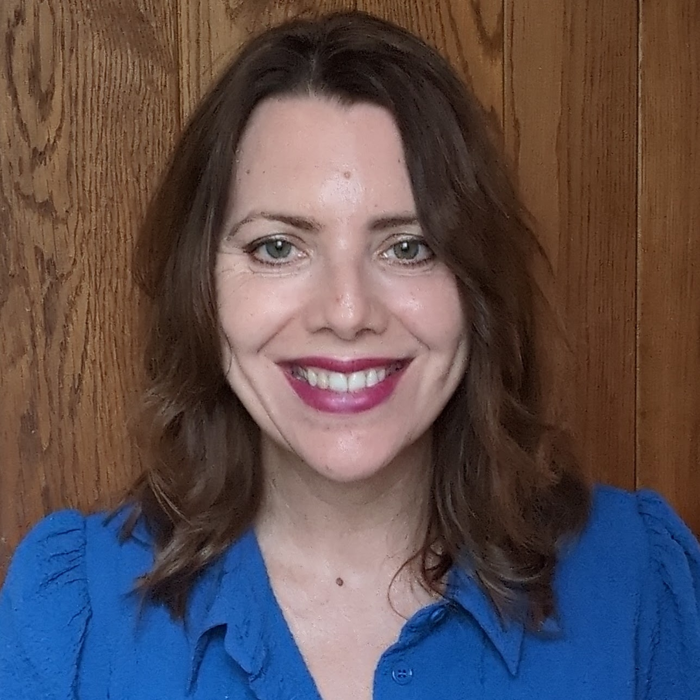Inhalation hazards and the performing vocalist
Tuesday 10th December 2024, 5:00 PM - 7:00 PM (London Time)
Vocal production requires inhalation. But in some performance venues there are chemicals in the air we inhale. Examples include the glycols, glycerine or mineral oil mists in special effects such as haze, fog and smoke. There also is combustion smoke and metal fumes from pyrotechnics, bullet hits (squibs), fire bars and cold spark gerbs. Or there are particles from dust effects, artificial snow, and Holi powders.
While we rarely have to deal with tobacco smoke anymore, there is marijuana and vaping smoke in many locations. In fact, some new information on the hazards of haze fog and smoke chemicals are from studies of vaping since the same chemicals are used in both.
Then there are air pollutants in the dressing and make up rooms including from hair sprays, from powders including talc, from air brush makeups, solvents from lotions, and more.
Next, there are air pollutants from some of the venues themselves. Old buildings may contain lead paint, asbestos sources, or mould. New buildings often contain plastic and resin materials and polymer paints that off-gas chemicals. The ventilation systems in both old and new venues are often less than helpful.
And we can’t ignore the airborne particles that spread infectious diseases which are changing the way we plan events, design ventilation systems, and select air purifiers.
In this course we will look at the respiratory system as a structure that is potentially vulnerable to many types of air pollutants. We will cover the physics needed to understand how particles, gases, and vapours behave in the air. We will review some of the studies of the chemicals encountered in performance venues and view short videos showing typical exposures. Lastly, we will cover strategies to protect ourselves and our voices both on and off the job.
🏷️ Price £30 (UK VAT inclusive)
🎥 Recording automatically sent to all who book (even if you cannot attend live)
▶️ Rewatch as many times as you like
📜 Certificate of attendance available
Monona Rossol
Monona Rossol was born into a Vaudeville family, began working as a professional entertainer at age three, and continues to perform occasionally to this day. She has a BS in Chemistry with a minor in Math, an MS and MFA with majors in art and a minor in music.

Attend this course for as little as £22 as part of the Voice Professional Training CPD Award Scheme.
Learn MoreSorry, this is an archived short course...
We have plenty of upcoming short courses coming soon. See details of some of them below or look at the full list of short courses.

Tuesday 13th January 2026
5:00 PM - 6:30 PM
Tuesday 20th January 2026
5:00 PM - 6:30 PM
Tuesday 27th January 2026
5:00 PM - 6:30 PM
Tuesday 3rd February 2026
5:00 PM - 6:30 PM
Tuesday 10th February 2026
5:00 PM - 6:30 PM
(London Time)
Introduction to Postgraduate Academic Skills - Join Live!

Debbie Winter
Are you ready to elevate your academic journey? Hosted by our very own Debbie Winter, join our comprehensive Introduction to Academic Skills course, designed to equip you with essential tools and strategies for success in higher education. Perfect for bridging the gap between undergraduate and postgraduate study, this course offers a pathway to our full MA for students without an existing degree. We offer both live, interactive sessions and standalone, pre-recorded content.

Thursday 15th January 2026
5:00 PM - 7:00 PM
Thursday 22nd January 2026
5:00 PM - 7:00 PM
Thursday 29th January 2026
5:00 PM - 7:00 PM
Thursday 5th February 2026
5:00 PM - 7:00 PM
Thursday 12th February 2026
5:00 PM - 7:00 PM
(London Time)
Trauma-Sensitive Voice Professional Certificate with Dr Elisa Monti

Dr Elisa Monti
Updated for 2026, this five-part certificate course is designed to help participants learn the theory and practice of trauma-sensitive approaches. The concepts and activities included are tailored to meet the needs of voice specialists who want to acquire more specific tools to navigate the space with their students and colleagues.

Monday 9th February 2026
5:00 PM - 7:00 PM
(London Time)
Certificate in Applied Voice Pedagogy with Adam Roberts

Adam Roberts
Spring Immersive - live and interactive learning! This 12-week online programme is designed for voice professionals committed to deepening applied voice pedagogy skills and advancing professional practice. The course offers a rich environment to reflect on your teaching philosophy and develop applied pedagogical techniques. It is ideal for voice teachers, coaches, therapists, and performers seeking to bridge foundational knowledge with practical, student-centered applications.
